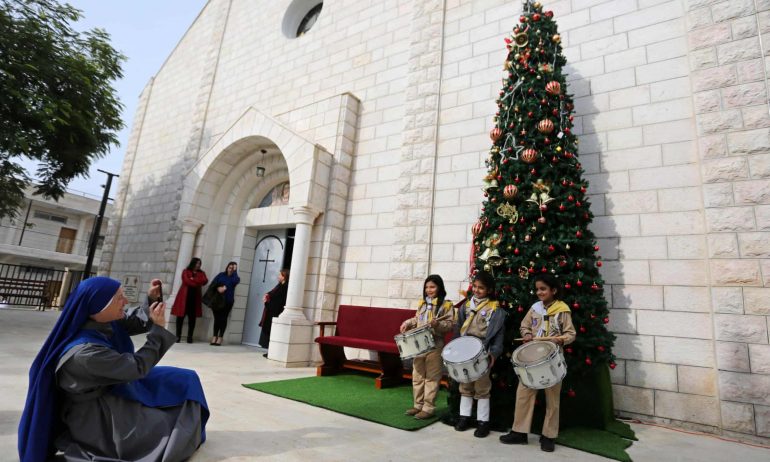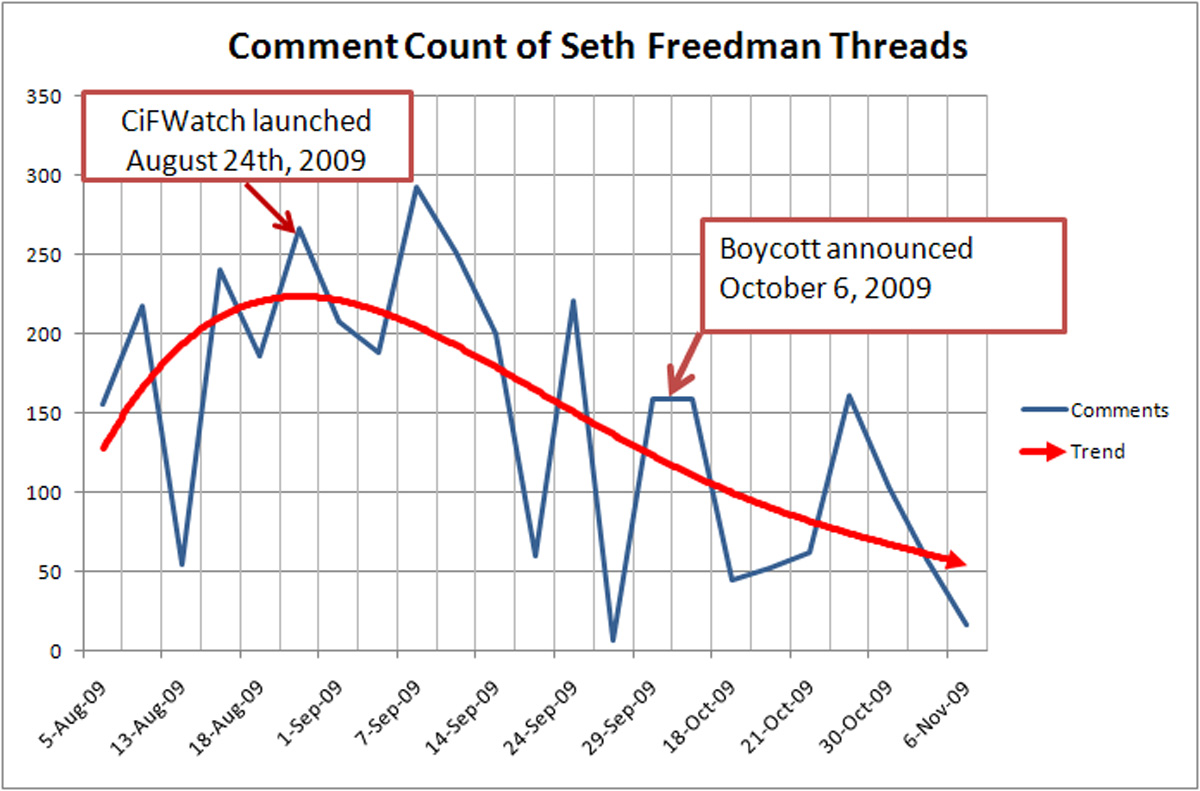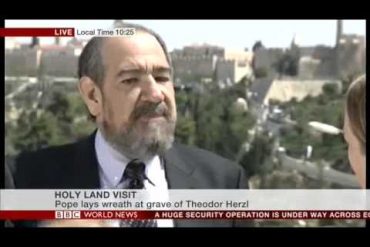Donald Macintyre is a journalist with years of experience covering the Israeli-Palestinian Conflict. He’s written for the Guardian, was the former Middle East correspondent for the Independent and, as readers of this blog may know, has a penchant for obfuscating Hamas’s role in Gaza’s misery and their malevolent influence in the region.
His Dec. 23 piece in the Observer, sister site of the Guardian, titled “Faithful few: can Gaza’s Christian community survive?” focuses on the problems of Christians in Gaza during Christmas, and includes a classic example of using smoke and mirrors to cover for Hamas and advance the desired anti-Israel narrative.
Here’s one relevant passage:
But although Gazans switched rapidly to Islam after Arab victories in the seventh century, Christianity did not die out. There is archaeological evidence that what rapidly became a minority religion coexisted peacefully with the new Muslim one – as it still does today. But its shrinking has accelerated during the military turbulence of the past half-century.
In the mid-1960s, before the six-day war and Gaza’s occupation by Israel, there were about 6,000 Christians in Gaza; today there are an estimated 1,100.
Get it? According to McIntyre, Israel is presumably to blame for the flight of Gaza’s Christians. However, a look at the population stats reveals something that runs counter to this suggestion.
First, we could find no data backing up his claim that, in the mid-1960s, or at any time in recent history, there were 6,000 Christians in Gaza. Even pro-Palestinian sites rely on an Israeli census in 1967 that showed 2,478 Christians living in Gaza.
As you can see, Gaza’s Christian population increased from 1967 through 2006 (the period of Israel’s occupation, till a year after their withdrawal). However, since 2007, a year which just so happens to coincide with Hamas’s rise to power in a bloody coup, the Christian population began shrinking, and, as McIntyre notes, stands at roughly 1,100 today.
The journalist’s slight of hand is clear: neglecting to note statistical evidence pointing to the fact that the decrease of Gaza’s Christian community seems related to the rise of Hamas – an intuitive conclusion given the religious ideology of the Islamist movement, their imposition of Sharia law in the Strip and the dozens of reported attacks against Christian targets in the aftermath of their coup. As even the Guardian once acknowledged, in an uncharacteristically blunt article blaming Hamas for “cancelling Christmas”, “there hasn’t been a Christmas tree in Gaza City’s main square since Hamas pushed the [PA] out of Gaza in 2007 and Christmas is no longer a public holiday”.
Moreover, even when presenting information which could be interpreted positively about Israeli policy vis-à-vis Gaza’s Christians, Mcintyre presents it as the opposite. He complains, for instance, that permits for Gazans to leave for Bethlehem and Jerusalem at Christmas “remain a problem“, yet later notes in passing that 620 such permits for Christians have been granted. Despite reports that the total number of permits issued is likely higher than that number, 620 still represents 56% of all Christians in the Strip, and likely represents a much higher overall approval percentage if you only take into account the total number of Palestinians who actually applied – all of which seems quite impressive given that Israel is in a state of war with the terrorist rulers of the territory.
Finally, it’s also worth noting that Hamas is hardly mentioned in Mcintyre’s report on the problems facing Christians in Gaza. There’s a grand total of 5 references to the group, none of which were critical. In contrast, there were 13 references to Israel, most of which were in contexts that were negative – a myopic focus which is part of a larger media pattern of denying agency to Palestinians and their leaders.
Such holiday trickery reminds us that though events in the region may change from year to year, the British media’s annual tradition of blaming Israel for ruining ‘Christmas in Palestine’ continues, unimpeded by facts, statistics or even the most painfully obvious observations.
Related Articles
- Haaretz op-eds argue IDF soldier are terrorists, Israeli vandals are KKK (CAMERA)
- BBC Radio 4’s selective framing of the hardships of Gaza’s Christians (BBC Watch)
- Telegraph’s ‘occupation ruining Christmas in Bethlehem’ narrative hits a snag (UK Media Watch)






